Trying to decipher the basics on how to sharp garden hand tools can be a bit daunting to understand in an audio format. Here’s Sacramento County Master Gardener Bill Black, with his YouTube video about garden tool sharpening. Every picture tells a story, don’t it?
How to Care and Store Your Garden Hand Tools
As the weather heats up, don’t ignore your garden tools after a hard day in the yard. A good habit to get into is to clean and store your garden tools correctly before you go indoors for the afternoon.
We know that cleaning the mud and dirt off shovels, trowels and other digging tools can help prevent rust. Did you know that how you store your garden tools might also lead to rust? On the Garden Basics podcast (Episode 165, “Garden Tool Care”), retired college horticulture professor Debbie Flower explained how that could happen.
“On a garage surface, for example, moisture can move up through a concrete floor, if it's just a pad on the ground,” Flower said. “And that can cause the tips of a shovel to rust.”
The cure for that? Hang the tools or store them upside down, she says.
“Use wall hooks to hang the tools,” says Flower. “Or you can make tool storage dividers in which the tool sits on the ground, but it's the handle that touches the ground, not the metal blade.”
And the wise gardener can help ensure that their garden tools can last a lifetime by first purchasing well-made tools. San Joaquin County Master Gardeners Lee Miller and Victor Rosasco advise you: instead of purchasing several inexpensive tools, pick the one tool that you will use the most, and then buy the highest quality one you can find.
In a previous edition of the San Joaquin County Master Gardener’s newsletter, “Garden Notes,” the pair write that good tools can last a lifetime and you get what you pay for. An example would be a spading fork with heavy forged tines, such as one from English toolmaker Clarington Forge. It might cost about three times more than a cheaper spading fork. They point out that the cheaper spading fork might have inexpensive tines that will bend after a few plunges into heavy clay soil. Whenever possible, purchase tools that are forged from one piece of metal. They are stronger and less likely to be compromised. A spading fork usually has four flat, wide tines that make it much easier than a shovel for penetrating tough soil, turning raw compost, transplanting, or weeding.
The duo also points out that shovel heads made of sheet metal, wrapped around the handle, are less expensive…but not as strong and durable as ones forged with a socket for the shovel handle. “When you step into the soil on a shovel and the blade feels like it is moving sideways, you know you have a cheap shovel,” they advise. “Good shovels also have blunt tops or pads so when you step on the shovel, it is more comfortable.”
The Master Gardeners point out that tool sharpening is a required skill to keep shovels and pruners in good working order, so you don’t have to work as hard. Miller and Rosasco say that surprisingly, many cutting and digging tools are not sharp upon initial purchase: “Right off, it is important to sharpen them. After this initial sharpening, tool edges can be maintained with a sharpening stone or a mill file. Files sharpen only on the forward stroke. So, it is ‘stroke, lift, return, and stroke again’. For pruners, loppers, or any fine cutting tool, never use a grinder. If the edge is nicked, as sometimes happens when we accidentally cut wire or another hard surface, a file is best for removing the nicks. If it’s just dull, a small sharpening stone, file or diamond sharpener can be used.”
The pair agree that maintenance is key for protecting your investment in quality garden tools. Store your tools indoors. Moreover, don’t forget to give them a bit of care: “Keep tools, especially shovels, clean and shiny,” they say. “Dirt left on the tool creates a rusty surface to which more dirt will stick. Use a wire brush or whatever is at hand to remove dirt after using. Spraying with a vegetable oil or a commercial penetrating oil and water-displacing spray (such as WD-40) will help keep rust away while stored.”
In an earlier edition of this newsletter, we asked the experts about the pros and cons of choosing bypass vs. anvil pruners. You can check out that edition from February 2022 here.
“It’s the Best Garden Event in Northern California!” (I said that)
Harvest Day at the Fair Oaks Horticulture Center
Saturday, August 5, 8am-2pm. Free!
Debbie Flower and I will be talking about “Garden Tips to Save Time, Money and Water” at Harvest Day at 830 am. The Fair Oaks Horticulture Center is located at 11549 Fair Oaks Blvd, in Fair Oaks Park, Sacramento County, California. Hope to see you there! More details here. Presented by the U.C. Master Gardeners of Sacramento County.
Thank you for also listening to the Garden Basics with Farmer Fred podcast! It’s available wherever you get your podcasts. Please share it with your garden friends.
Fred Hoffman is also a University of California Cooperative Extension Master Gardener in Sacramento County. And he likes to ride his bike.







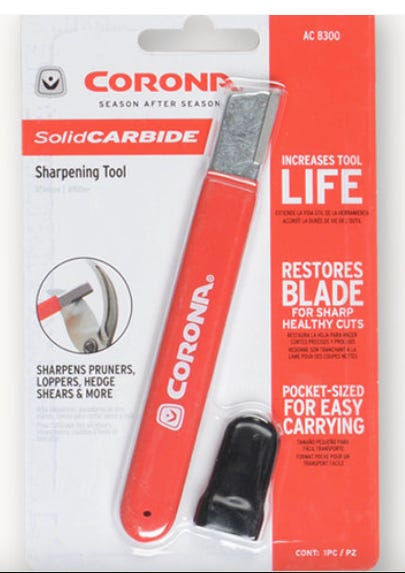
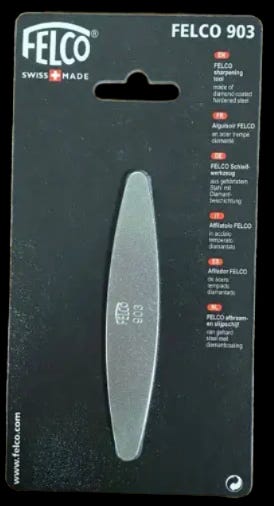


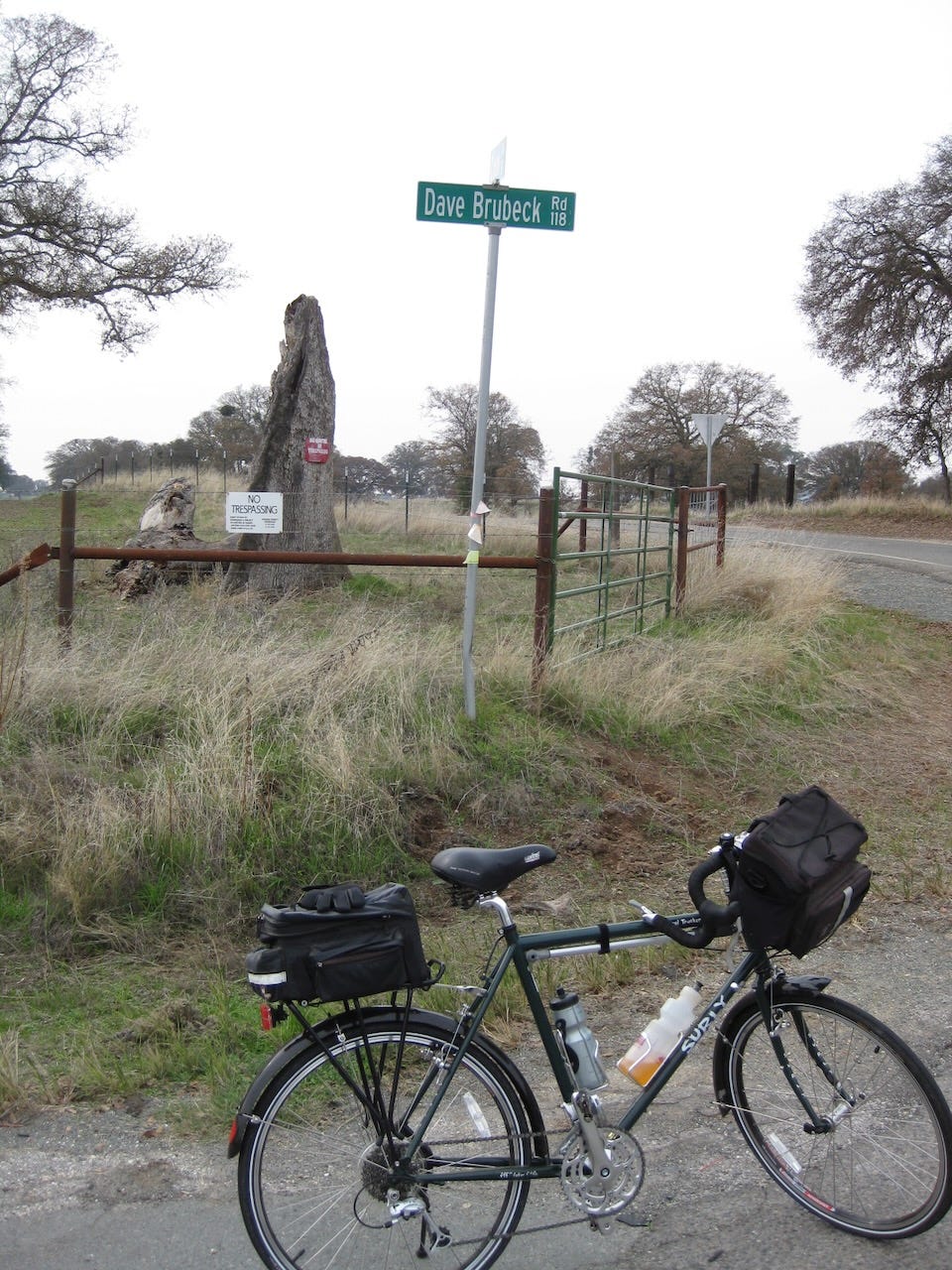



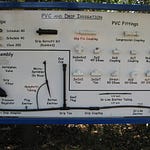

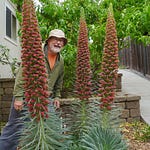

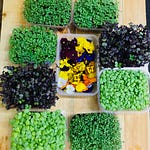
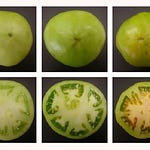
Share this post